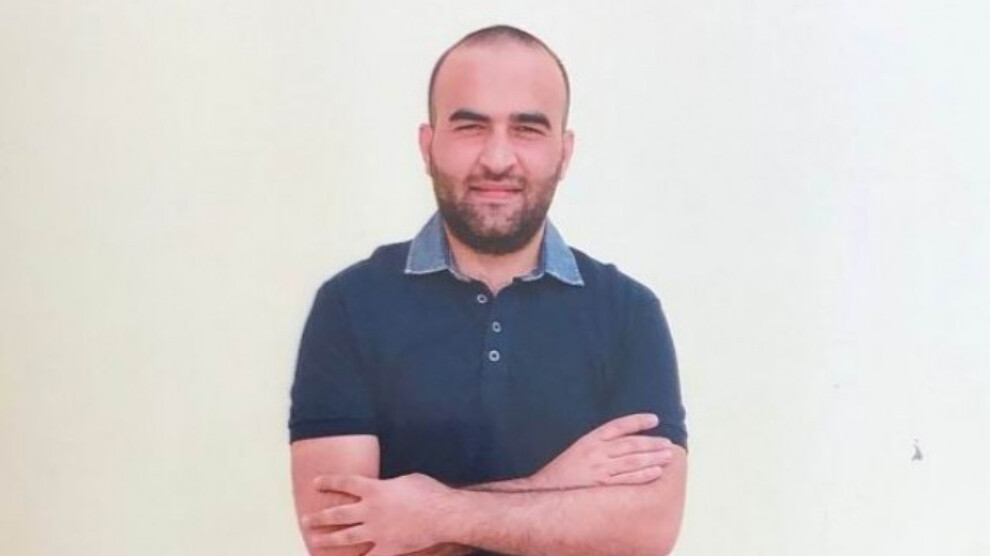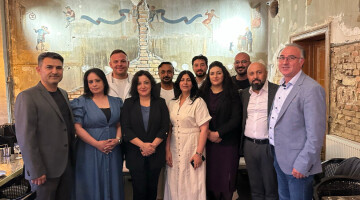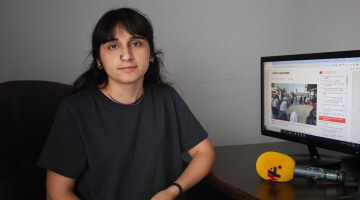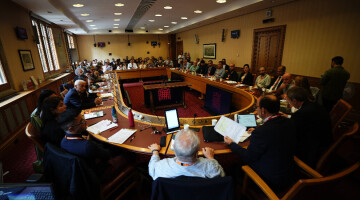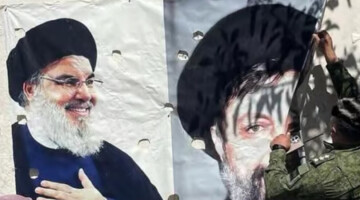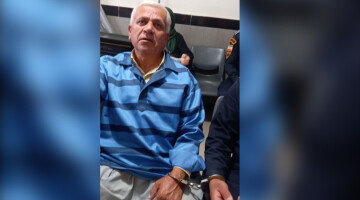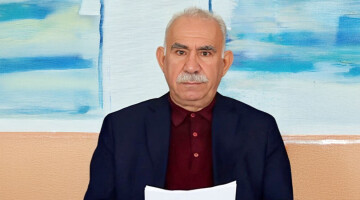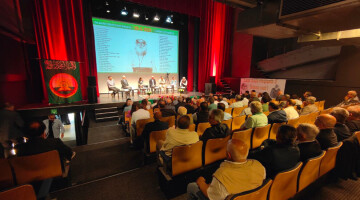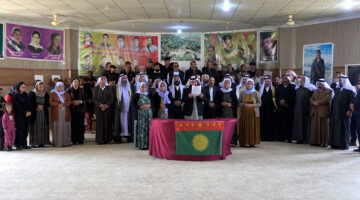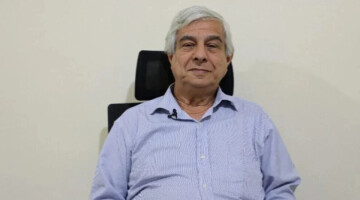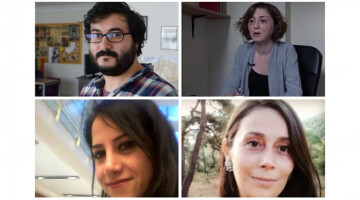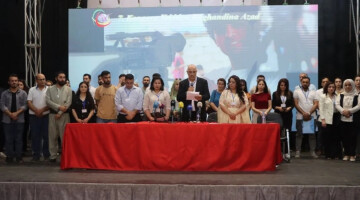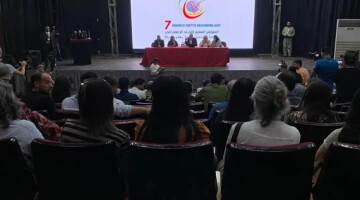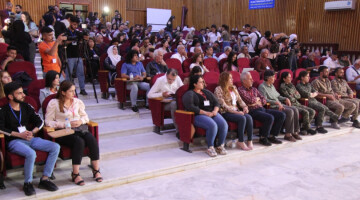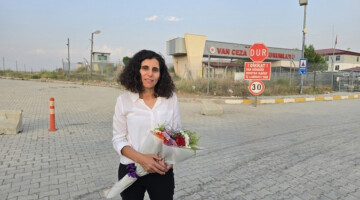Ibrahim Karakaş, a journalist of Yeni Yaşam newspaper, who is imprisoned in Adana Kürkçüler F-Type Prison, conveyed the violations of rights they are subjected to in a letter he sent to Mesopotamia Agency. He said that many constitutional rights, especially the right to health, have been violated. Karakaş wrote that their applications to the prison administration and the relevant ministries are not taken into account.
Karakaş said: "Many issues within the scope of freedom of thought and expression are used against us to delay the release." Karakaş stated that isolation was imposed on them by the Administration and Observation Board. The journalist said that many social and cultural activities were prevented for various reasons, and limited to 3-4 hours a week instead of 10. Karakaş underlined that they were not allowed to attend activities such as courses and workshops.
Applications not answered
Karakaş said that although the hospital referrals were made with an "urgent" code, they were subjected to the imposition of a mouth search by the gendarmerie. Karakaş said: “Even though this inhumane practice is imposed on us under the name of 'security', it is being implemented as a result of a completely hostile approach. The applications we make to all the institutions to which the gendarmerie personnel are affiliated are either given a decision of non-authorization or are rejected. Preventing our right to be treated is one of the most serious violations.”
The journalist said that the prisoners who received aggravated life imprisonment were placed in the same ward with groups other than political prisoners, and added that the detainees were often subjected to verbal attacks and provocation. Karakaş continued: “Our friends are exposed to policies of isolation within isolation. In addition, publications such as books and magazines are either given late due to months of review or confiscated on the grounds that they are 'inconvenient'.
The journalist said that “as political prisoners, we will continue to oppose such arbitrary practices, and we will continue to carry out the necessary legal struggle. We also call on relevant institutions and organizations to be sensitive on this issue.”

